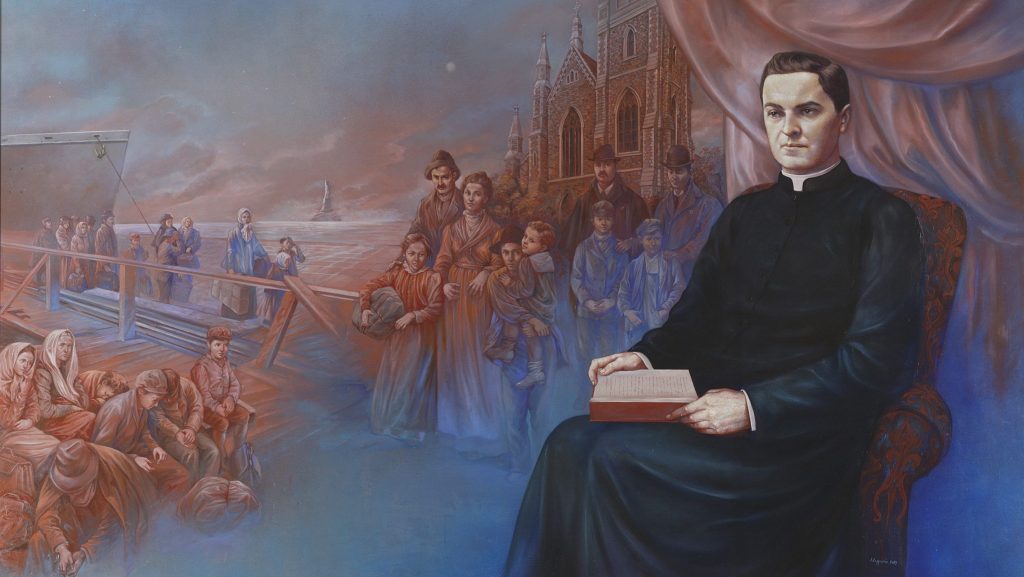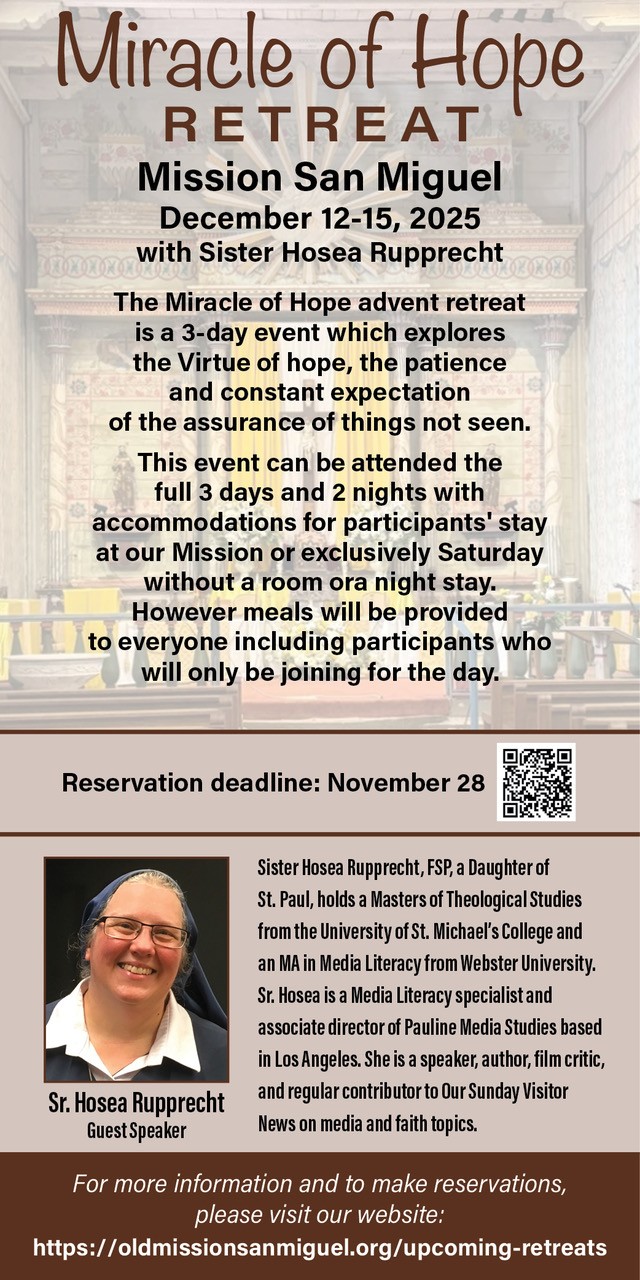America’s legendary openness to immigrants is one of the many characteristics that makes her shine among nations. Yet, even in our welcoming land, the immigrant experience can be difficult. Success in finding a toehold and scrambling upward can depend on many things, but unity and mutual assistance in the newcomers’ community is vital.
Perhaps the greatest example of this principle in action was Father Michael J. McGivney. He founded the Knights of Columbus and was beatified Oct 31. A simple parish priest who felt deeply the needs of his impoverished Irish flock established a lay organization that, 132 years later, has millions of members and does a vast amount of good across the world.
Father McGivney’s own parents came here in the first great wave of Irish immigration sparked by the “Great Hunger,” as the famine that ravaged that land in 1848 is known. Disease and death stalked those who left Ireland for the United States — in the fetid ships that came to be called coffin boats, in the squalid tenements that housed them, and in the dangerous factories that employed them. And virulent anti-Catholic bigotry met them at every turn, and only increased as their numbers swelled.
Father McGivney’s father worked amid the toxic fumes of a brass mill while his wife raised seven children and buried six. As often happened to women of that time, his mother was widowed and left without the means to raise her remaining children. Poverty, grief, and anxiety were the daily bread of that family — as that of so many others — but it was a poverty, grief, and anxiety leavened by a shining faith.
As a young parish priest, Father McGivney ministered to those suffering under the same hard circumstances his own family had known. He understood their wants and needs. First, the men needed healthy and decent camaraderie — not the kind found in saloons or secret societies, but a brotherhood built through the practice of mutual love and assistance. In his words, the goal of the Knights of Columbus was to “unite the men of our Faith … that we may thereby gain strength to aid each other in time of sickness; to provide for decent burial, and to render pecuniary assistance to the families of deceased members.”
Irish men in a time of “Irish Need Not Apply” had to take the most dangerous jobs and they, too, often died young of accidents or overwork. The widows and children of the organization’s members became the first beneficiaries of the Knights’ charity, but this was only the beginning.
More than 130 years later, the organization Father McGivney launched in a humble parish church basement in Connecticut is a worldwide force for good. Some 2 million strong, today’s Knights donate vast sums to charity ($187 million in 2019) and do tremendous amounts of volunteer work (77 million hours in 2019). The simple concept of pooling a small weekly donation to decently bury one another and succor their brothers’ widows and children has evolved into a modern organization that invests more than $100 billion for the financial protection of Knight families.
Irish Americans are safely established here now, of course. They long ago came to share the relative ease and prosperity that distinguishes our country from others. But immigration and its difficulties continue; poverty and bigotry persist in different manifestations.
Father McGivney’s vision pointedly included every Catholic man of any ethnic background, and this vision shaped an organization that has served as a source of unity and assistance for successive waves of immigrants.
Father McGivney’s Knights touched my own life as a Hispanic growing up in the first few years of exile and dislocation. They provided strong networks of assistance and fraternity in the parishes where my family found spiritual and material help and my siblings and I received low-cost, high-quality educations.
Today I am a radiologist, and volunteer at a crisis pregnancy center. There, I read ultrasounds, performed on an expensive machine, donated by the Knights, for poor immigrants facing the challenge of a new baby. When the young couples from Venezuela or Ecuador smile joyfully upon hearing the strong heartbeat of their child, I silently thank Father McGivney for his beautiful vision.
For Catholics, beatification is the final step in declaring a heroically virtuous person a saint. Canonization for sainthood normally requires a second miracle be attributed to the candidate after beatification. Somehow, I doubt this will be a problem for Bl. Michael McGivney. I’ve already seen his miracles at work in my own life and the life of my country — this beautiful immigrant land — over the last 132 years.

